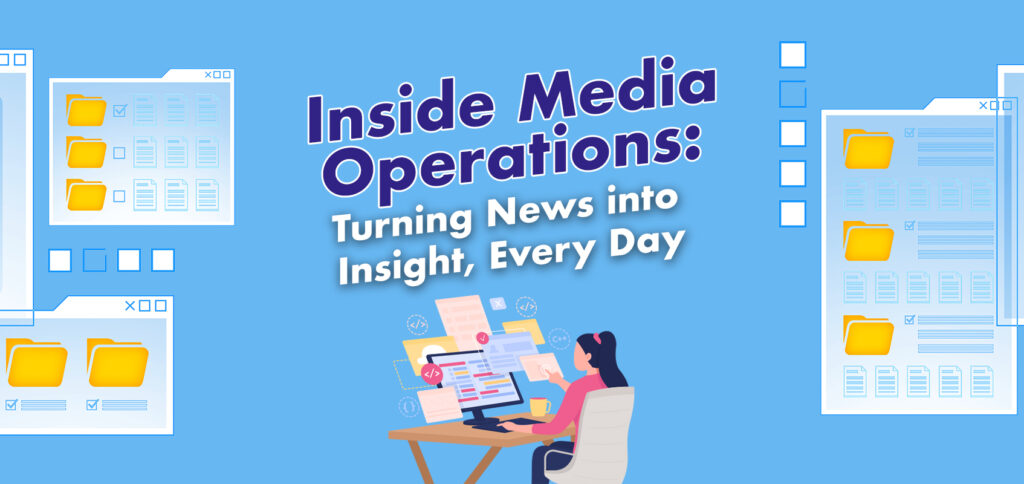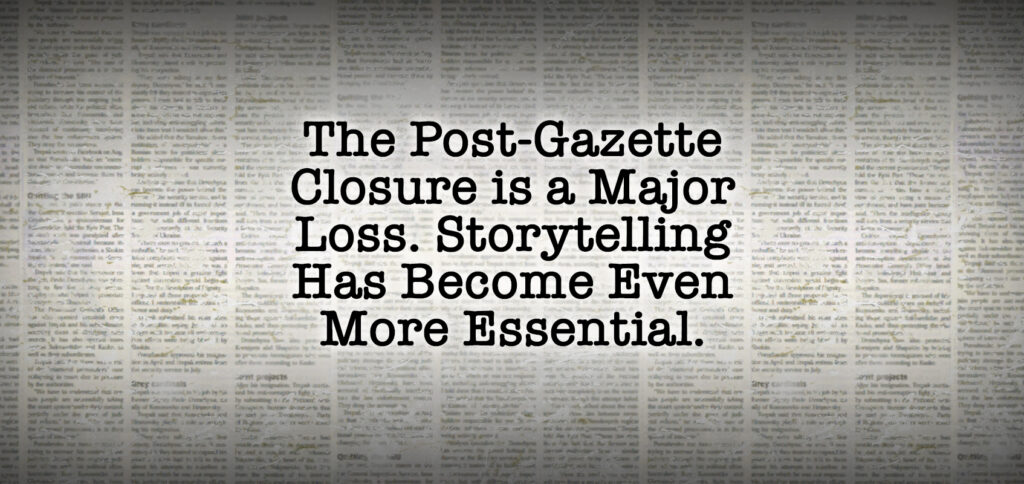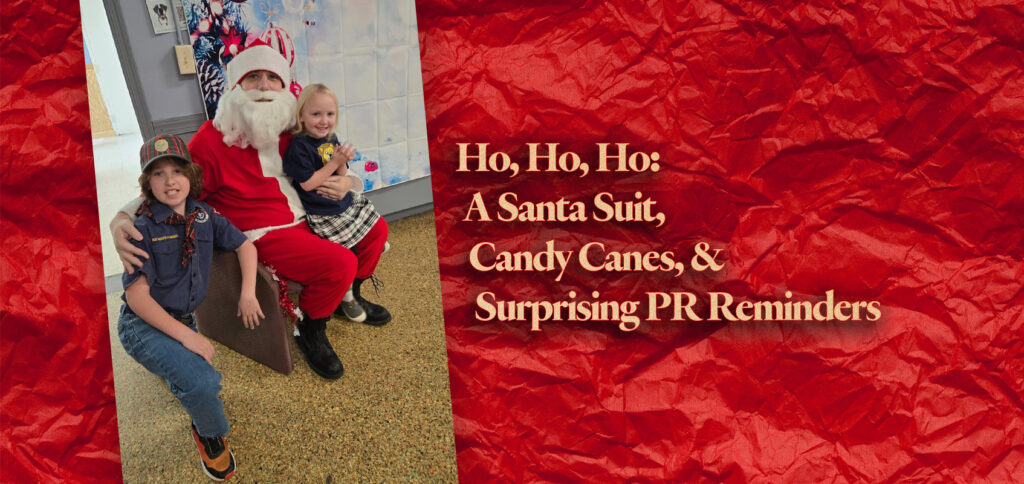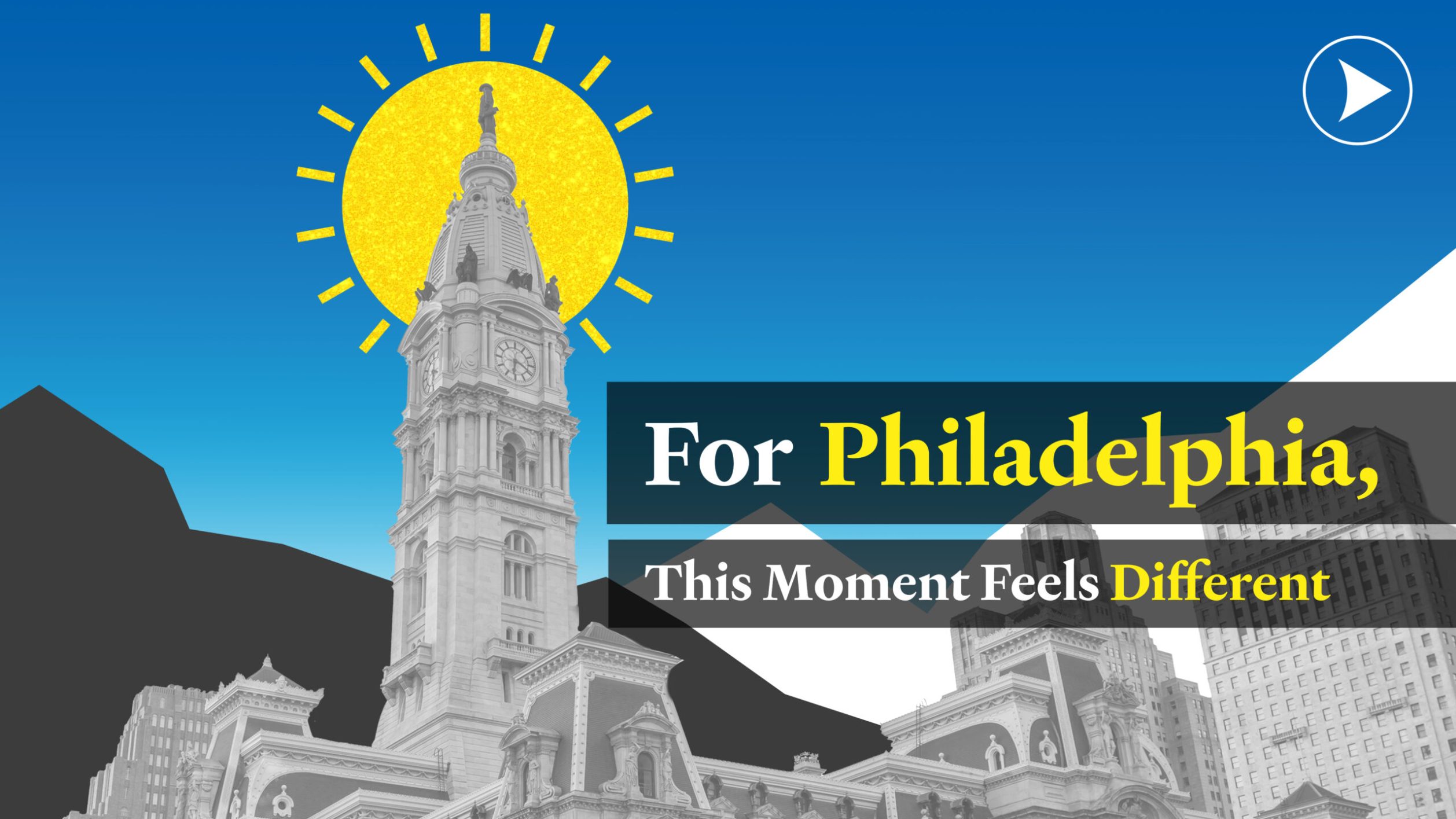
In the poorest large city in America, optimism can be in short supply.
Even in a business where my colleagues and I have the privilege of telling the stories of incredible clients doing sometimes literally lifesaving work, the forest and the trees can sometimes blend together.
But, once in a while, forces in the city converge that can change almost anyone’s perspective.
I had one of those moments just a few short weeks ago, when — in the space of just four hours — I saw our city’s leaders coming together to change Philadelphia’s narrative for the better.
It started on the morning of February 28, when I went to the Kimmel Center for the Performing Arts for the announcement that Verizon Hall — which has always been a rather sterile moniker for one of the world’s great performance spaces — would be renamed for Philadelphia icon Marian Anderson.
I can’t think of a better namesake than our city’s greatest contralto and courageous civil rights icon. I remember being a college student in Washington, D.C., and going to a concert at DAR Hall — the very place that barred Anderson from performing in 1939 because she was Black. She would go on to perform for 75,000 people on the steps of the Lincoln Memorial — the same place where Martin Luther King Jr. would culminate the March on Washington 24 years later — and was forever known as not just a consummate performer, but a heroic leader.
The apt renaming is thanks to the generosity of philanthropists Leslie Anne Miller and Richard Worley, who donated $25 million to support the Avenue of the Arts’ South Broad Street anchor. They are part of an extraordinary generation of people — including the Honickmans, the Neubauers, the Lenfests, the Robertses, the Haases — who have helped shape our city, and who are setting a philanthropic model that our upcoming leaders will need to step up and follow.
At the event, Mayor Cherelle Parker spoke eloquently and passionately about what arts and culture mean both to the city and to her. It recalled a moment from last year’s campaign when she spoke, again at the Kimmel Center, about the vital role that the arts play in making Philadelphia a world-class city, and of the need to support our artists and arts institutions. Seeing the impact that Miller and Worley’s gift would have on this cultural centerpiece, I felt a swelling of pride in our city’s direction that felt like a high point.
Until lunch.
That’s when things got even better.
That day was also the Chamber of Commerce for Greater Philadelphia’s annual mayoral luncheon, a sold-out affair at the Pennsylvania Convention Center.
You could feel the energy in the room: the anticipation of Parker’s remarks, the sense of hope and positive outlook among the more than 2,000 attendees. I haven’t heard that much optimism about Philadelphia since before COVID.
In her extensive remarks, Parker hit every point of where she wants to take the city. From safety to cleanliness to job creation and sustainability, the mayor articulated a vision that felt both comprehensive and clear.
Even her points on returning to offices — which made the strongest headlines the next day— were a vote of confidence in the city. In singling out companies like Comcast and Independence Blue Cross — both of which our firm is proud to work alongside — as leaders, she built a sense of camaraderie that has been in short supply in our city of late.
And she’s right. I see it in our own office, where all employees are back in person at least four days a week, and where our daily communal lunches and in-person meetings have built an even stronger culture than we had before the pandemic.
We see the tangible benefits, and it’s clear our mayor does too. She is providing the optimism and vision that this moment calls for, and asking — imploring — every Philadelphian to join her.
I hope they do. Because if we work together, there’s no telling where we’ll go next.
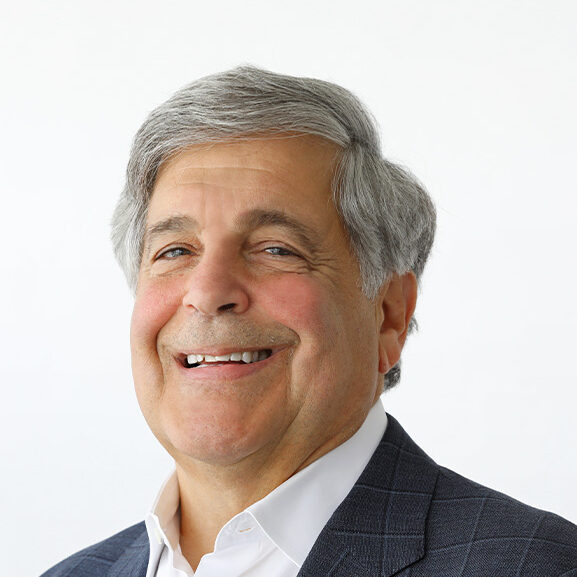
Larry Ceisler is founder of Ceisler Media & Issue Advocacy

